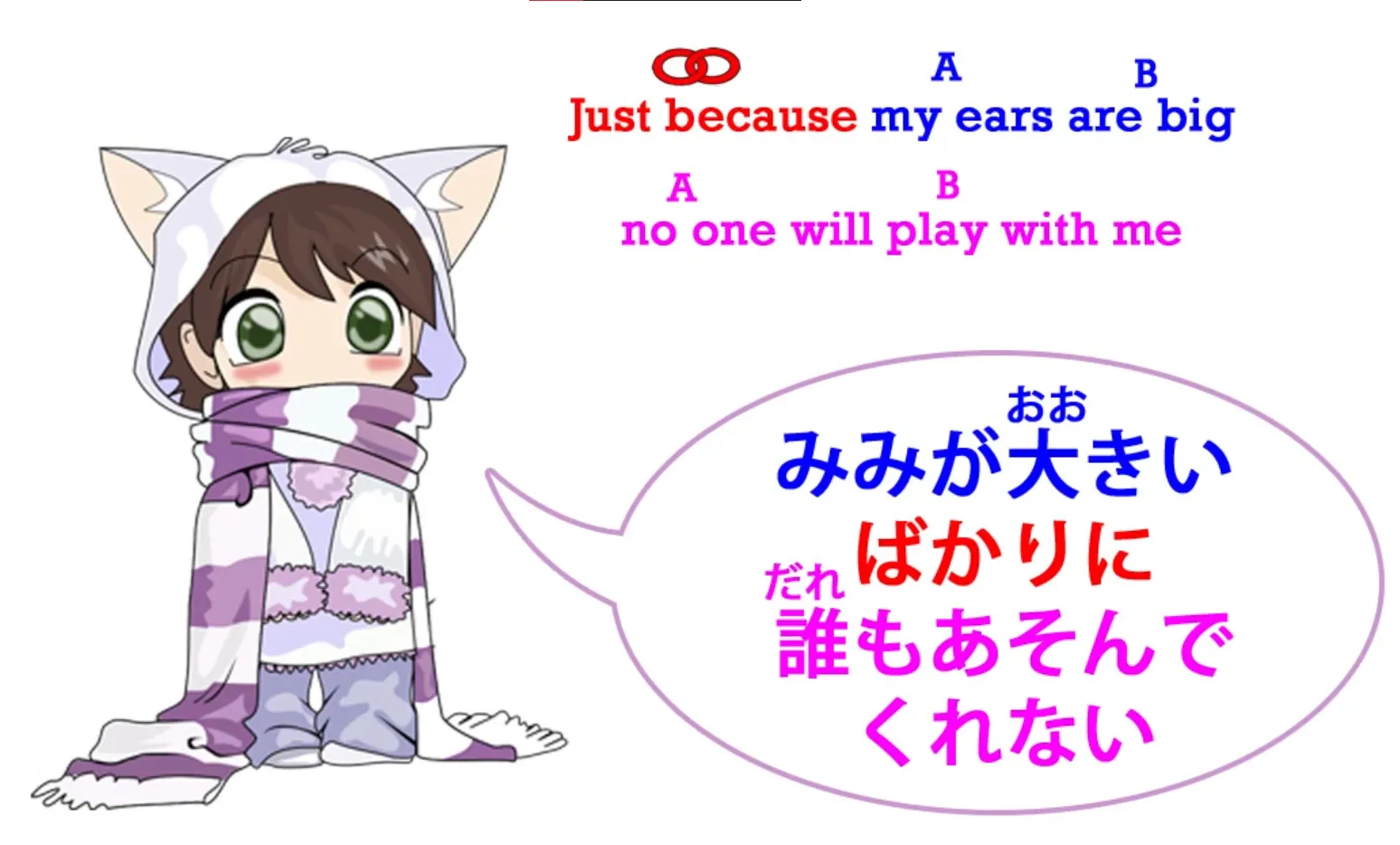ばかり về cơ bản là danh từ, nghĩa là just or nothing but. Ví dụ như:
来たばかり-I just came(Vừa mới đến)食べたばかり-I just ate. Now, what we're literally saying here is that I ate such a short time ago - milliseconds ago - that nothing else has happened in between eating and now (Vừa mới diễn ra, mà chưa có hoạt động nào khác xen vào giữa "lúc ăn" và "hiện tại") What we are attachingばかりto is a completed action (Ví dụ như: それはまだ始まったばかりだった。). And what we are saying is how long ago it happened. We're saying it happened a very very short time ago.
Now, the next use of ばかり: expresses that there is a great deal of something. Ví dụ như: 東京は外人ばかりだ - In Tokyo there's nothing but foreigners. Hoặc 分からないことばかりだ。(Toàn chỗ mình không hiểu nổi). Hoặc đi với thể て thì nó sẽ kiểu như: しかし、嘆いてばかりはいられない。(Nhưng mà, cứ càm ràm suốt là không được rồi).
Một cách dùng khác kiểu "not only" của ばかり: うたったばかりか、おどった - she didn't just sing, she also danced. Phần quan trọng ở đây là Trợ từ か, còn có thể "throw things into the negative" -> So if we say ばかり we're saying only that is the case and if we say ばかりか we're saying not only that is the case.
ばかりに is an explanatory conjunction (Thường là から or ので). It's not just saying that something happened because of something, it's saying that it happened JUST because of something. Again we can liken ばかり to English just.
耳が大きいばかりに、 誰も遊んでくれない - Just because my ears are big, no one will play with me.
